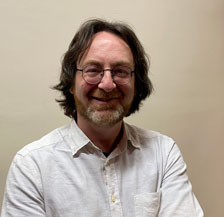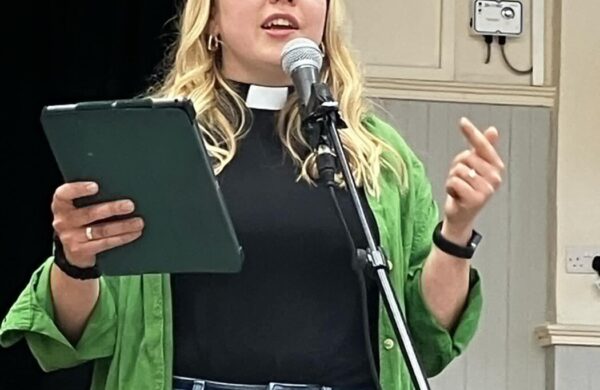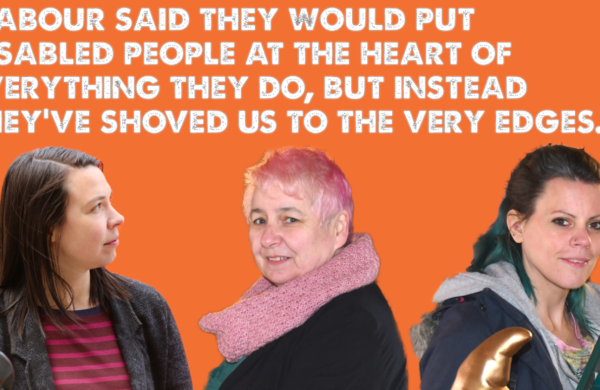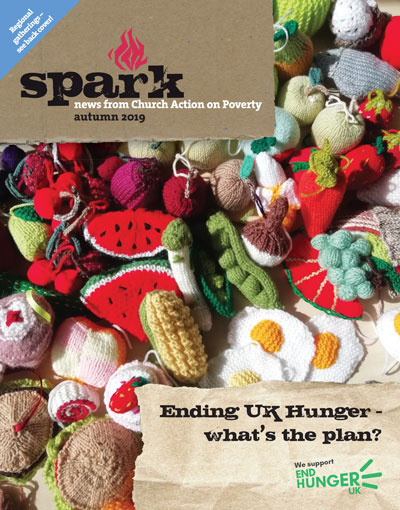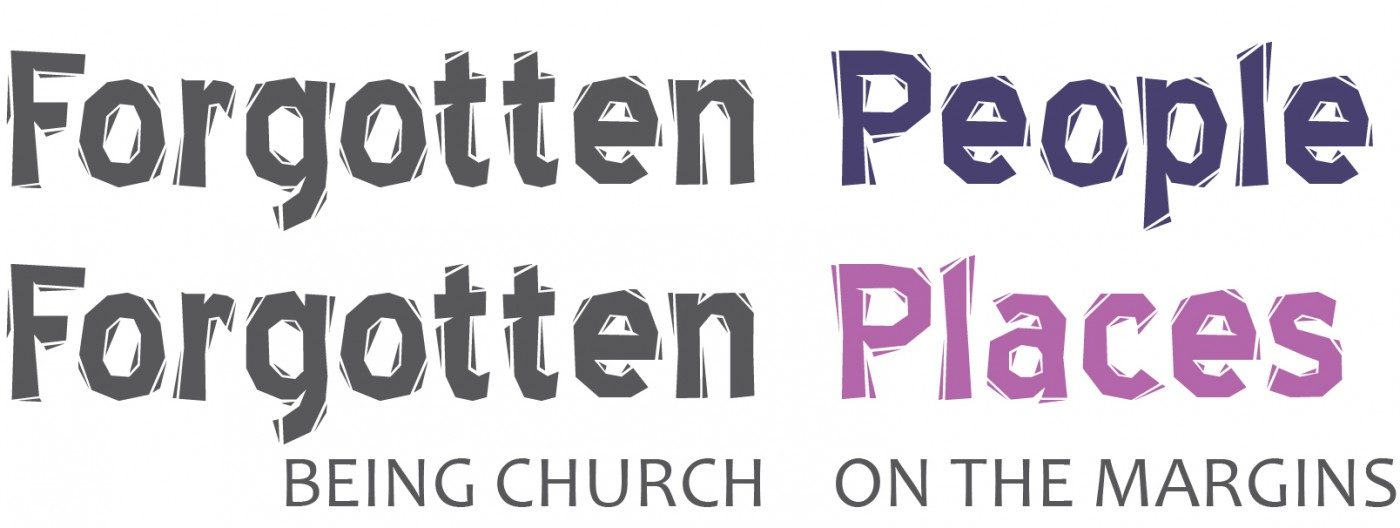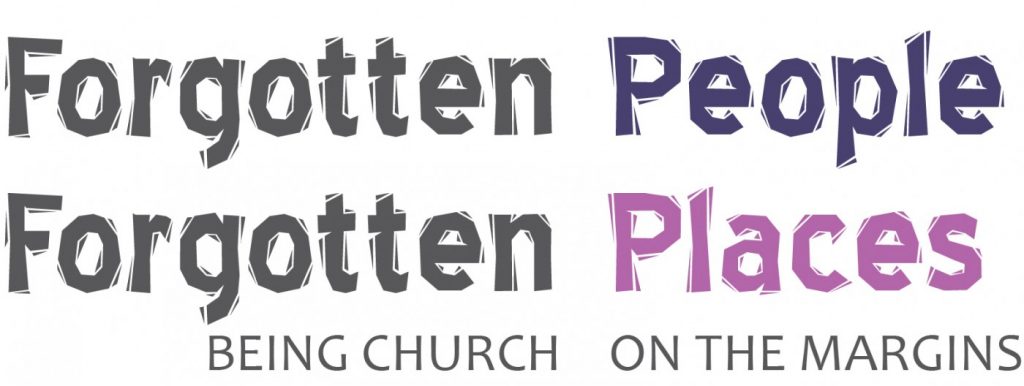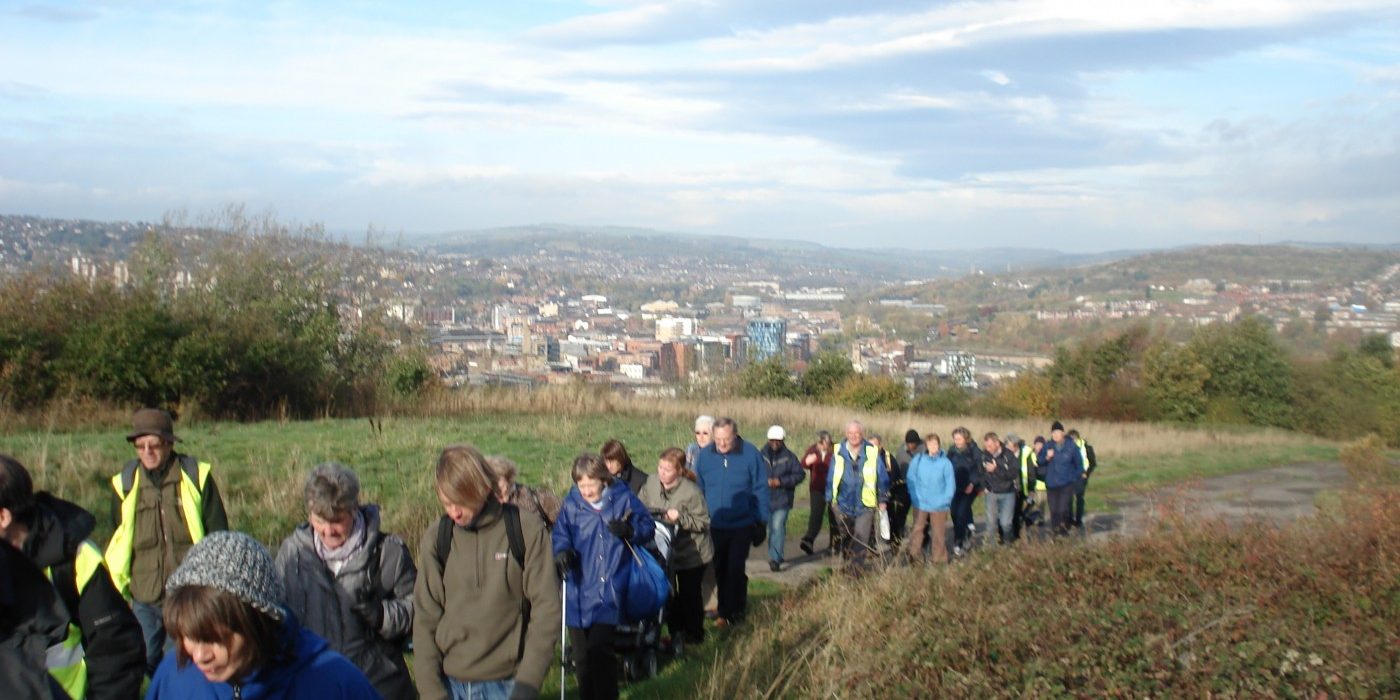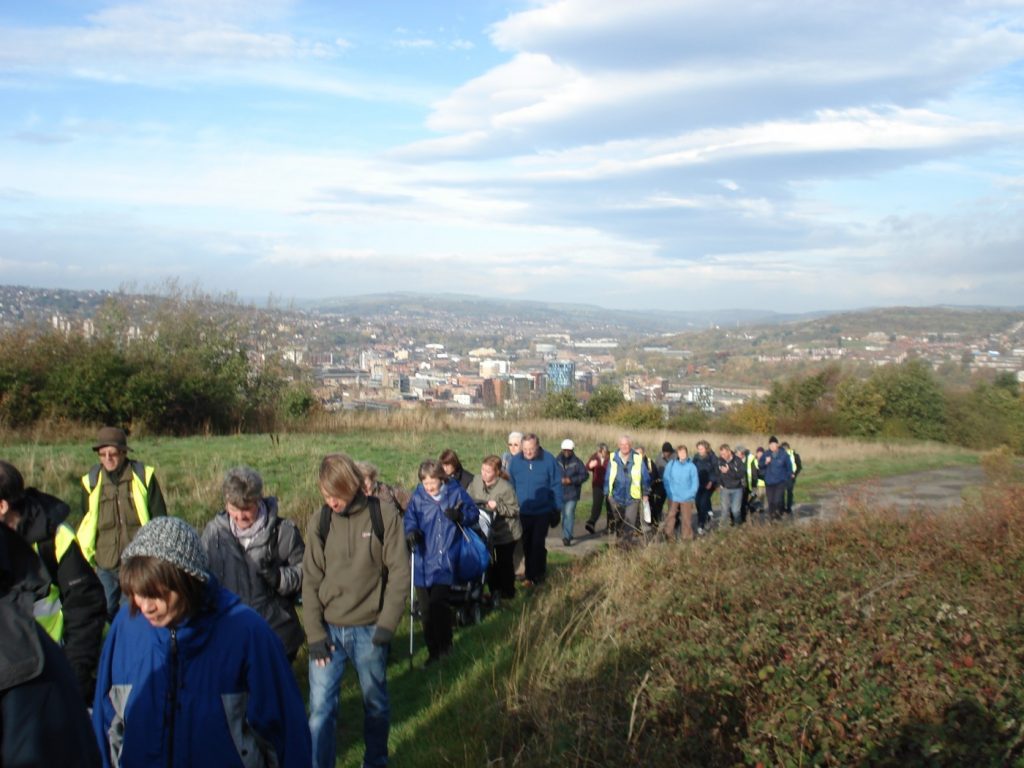In this guest blog, Naomi Maynard shares some reflections on a workshop organised by our partners at the 'Life on the Breadline' project.
Last month ITV ran a story about Dominic, a father of four from Everton who can be left with £60 a month to feed and clothe his family, living in fear that one day his children will be taken away. This story was picked up by the Liverpool Echo, concerned how Brexit will hit some of our country’s poorest families.
Knowing Dominic personally, I know the ITV feature only told a small segment of his story, and that of his family – but the overall message remains the same: here is a family living on the breadline, riding the roller-coaster of our fluctuating political environment set amongst the backdrop of an evolving welfare landscape.
Stories such as Dominic’s provoke an emotional reaction – perhaps shock, frustration, anger, sorrow, embarrassment, grief, guilt. We may also feel overwhelmed, unsure how to react: how can we change the structures and systems that seem to have dug their roots wide and deep into our society, trapping many of those we know and care about in poverty?
Our feet get stuck in the mud – overwhelmed to the point of inaction.
Last week, at a workshop hosted by academic project Life on the Breadline, I met Stef Benstead – a trustee of Church Action on Poverty. In 2012, having just started postdoctoral studies, Stef was diagnosed with Ehlers-Danlos Syndrome Type 3, Postural Tachycardia Syndrome and fibromyalgia – meaning she is often exhausted and in pain. No longer able to carry on her studies, Stef was left in a precarious position – navigating our complex and, as she was to discover, our deeply flawed, welfare landscape.
But Stef did not let her feet get stuck in the mud.

She collaborated, campaigned, wrote and researched. She identified, lobbied, listened and argued. Stef – who tells the story of how austerity has impacted disabled people in her soon-to-be-published book Second Class Citizens – turned her emotions and experiences into actions to transform unjust structures and systems.
Speaking to a collective of academics and practitioners, Stef, alongside Church Action on Poverty’s Director Niall Cooper, encouraged us all to do the same – offering us this advice on where to start:
- Identify – do not try and change the whole system at once. As we heard earlier in the workshop, poverty is like an octopus (slippery and difficult to tackle all at once). Start by identifying one change that needs to be made.
- Gather – Bring together others who can also see a need for this change. Do more than identify problems, suggest solutions. Whilst none of your group may come with a fully formed solution – as you listen and reflect together, there may be many partially formed solutions in the room, which can be joined together.
- Frame – Think about who needs to hear what you want to say – how can you frame your arguments in ways that they will hear? Use language they will be able to engage with. For Stef this meant framing her arguments in ways her friends with a different political outlook could connect with.
- Be brave – make your case both far and wide, and near and targeted. Invite local and national politicians to your meetings – they may be able to open doors for you beyond what you may foresee.
We can do more than wallow in our shock, frustration, anger, sorrow, embarrassment, grief, guilt… we do not have to be stuck in the mud.
Click here to listen to all the talks from the Transforming Structural Injustice workshop.
Dr Naomi Maynard is the Lead Project Development Worker at Together Liverpool – as part of this role she is the network coordinator of Feeding Liverpool. This post first appeared on the Feeding Liverpool blog.
Church Action on Poverty is a partner in ‘Life on the Breadline’, a research project exploring Christian responses to austerity.

